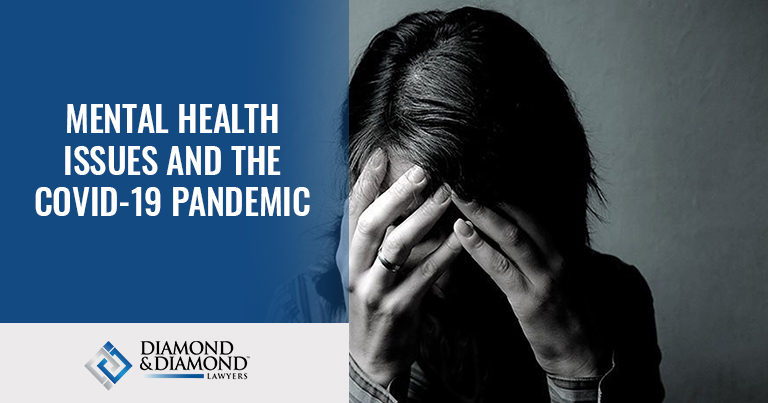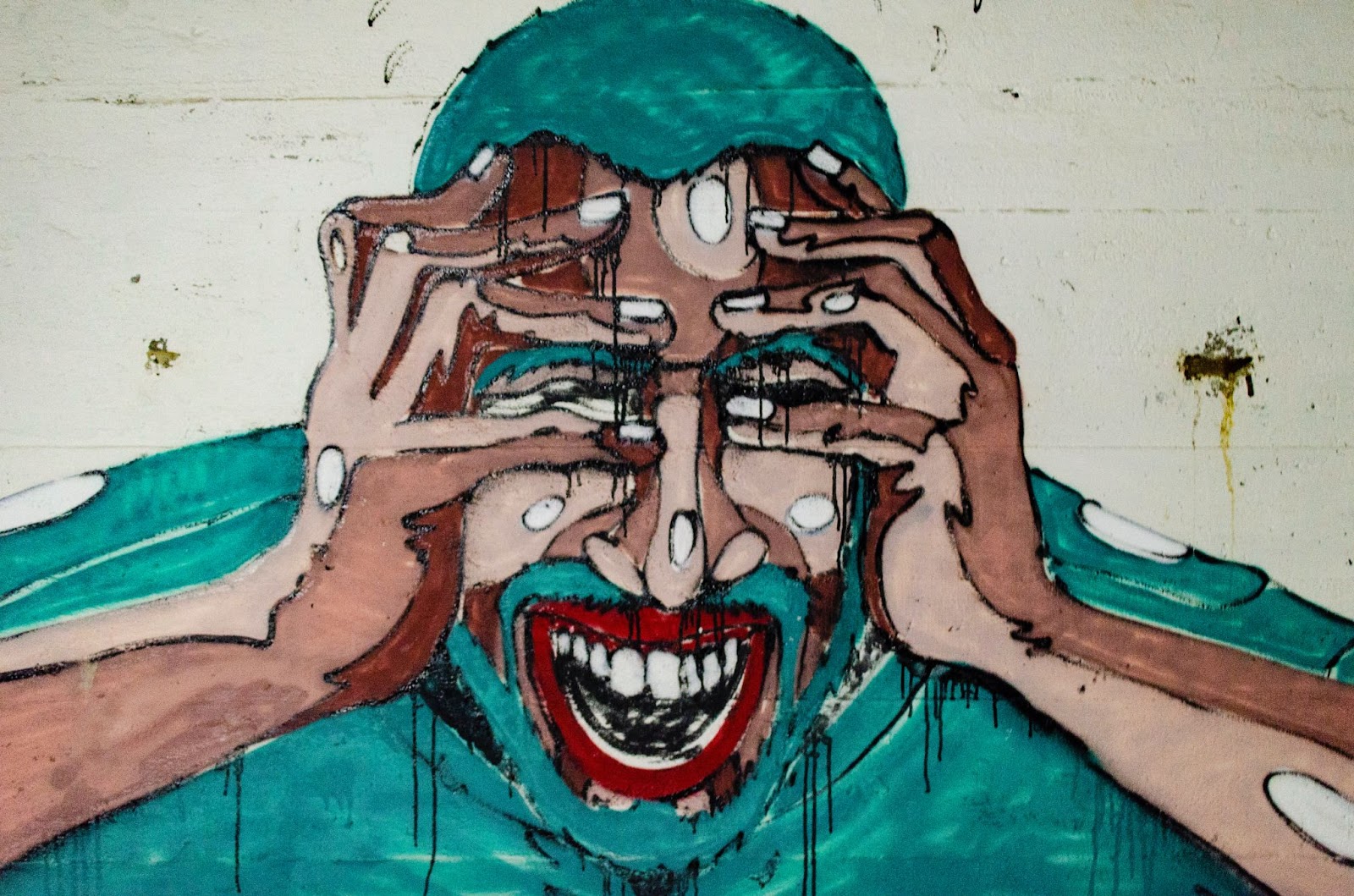The COVID-19 pandemic has brought us devastating problems that have caused some people to experience mental health issues. A lot have reported that the leading cause of their mental health issue is lost jobs, lesser social interactions, and the fear of contracting the deadly virus.
Here, we will help you understand the relationship between COVID-19 and mental health issues.
 Common Mental Health Issues Experienced During the COVID-19 Pandemic
Common Mental Health Issues Experienced During the COVID-19 Pandemic
Throughout this pandemic, a rise in disability claims for mental health issues was reported. From the reports, the most common issues were depression, anxiety disorders, and stress response syndromes.
Depression
Depression is a mood disorder described as losing interest and enjoyment, reduced energy, and a lower mood. It isn’t simply feeling sad. Currently, there are different types and symptoms of depression, and there are varying levels of severity and symptoms experienced related to depression.
People should be wary of depression since, if left untreated, it can lead to an increased risk of suicidal thoughts or behaviours.
Anxiety Disorders
Anxiety disorders are a collection of mental health issues that includes generalised anxiety disorders, social phobias, specific phobias (claustrophobia, agoraphobia, etc.), panic disorders, obsessive-compulsive disorder (OCD), and post-traumatic disorder (PTSD). When left untreated, anxiety disorders can negatively impact a person’s ability to enjoy and perform daily activities.
Stress Response Syndromes (Adjustment Disorders):
When a person develops emotional or behavioral symptoms in response to stressful events or situations, the condition can be classified as a stress response syndrome. Stressful events may include natural disasters (earthquakes, tornados, floods), events or crises (car accidents, diagnosis of a major illness), or interpersonal problems (divorce, death of a loved one, loss of a job, problems with substance abuse).
Stress response syndromes usually happen within three months after the event or situation started and end within six months after the stressor stops. In Ontario, there is a stress leave that people can use whenever they’re experiencing such conditions.
Dealing with Mental Health Issues
Self-care strategies
Through self-care strategies, you can significantly enhance your mental and physical health, and it can help you take charge of your life. Taking care of your body and mind and connecting with others is the first step in defeating mental health issues.
Take Care of Your Body
Be mindful about your physical health:
- Get enough sleep.
- Participate in regular physical activity.
- Eat healthy food
- Avoid tobacco, alcohol, and drugs.
- Limit screen time.
- Relax and recharge.
Take Care of Your Mind
Reduce stress triggers:
- Keep your regular routine.
- Limit exposure to news media.
- Stay busy.
- Focus on positive thoughts.
- Use your moral compass or spiritual life for support.
- Set priorities.
Connect with Others
Build support and strengthen relationships:
- Make connections.
- Do something for others.
- Support a family member or friend.
Get Professional Help for Your Mental Health Issues
Aside from helping you cope with your mental health issues, seeking professional help and attending your therapy sessions will also give you a chance to:
- Learn more about yourself
- Help you achieve your goals
- Have more fulfilling relationships
- Have better health
- Experience an improvement in all areas of life
If you believe that you need help, call your primary care provider or mental health professional to schedule an appointment and know your options. Here you can talk about your anxiety or depression and get advice and guidance.
These are trying times, and you need all the help you can get. If you’re experiencing problems due to the negligence of another person, contact Diamond & Diamond today!
You’re Never Alone
Sometimes, you may feel that you’re alone. However, that isn’t true. You have your family and friends who will support you in your journey to a healthy mental state.
If you need more help, especially filing mental disability claims, don’t hesitate to contact Diamond & Diamond for a FREE case evaluation.
“Never bottle up your thoughts. Look for a trusted person to whom you can tell all your secrets.”
Pro Tip
FAQs About Mental Health Issues During the Pandemic:
What are some of the hotlines for mental health issues in Canada?
Here are some of the organizations you can call if you want to talk to someone about your mental health issues:
Canadian Mental Health Association:416-646-5557
Canadian Psychological Association:1-888-472-0657
Mental Health Commission: 613-683-3755
Canadian Association for Suicide Prevention: 204-784-4073
Canada Drug Rehab Addiction Services Directory: 1-866-462-6362
Centre for Suicide Prevention: 1-833-456-4566
Crisis Services Canada: 1-833-456-4566, or text 45645
First Nations and Inuit Hope for Wellness Help Line: 1‑855‑242-3310
Kids Help Phone: 1-800-668-6868
National Eating Disorder Information Centre: 1-866-633-4220
Native Youth Crisis Hotline: 1-877-209-1266
Can meditation help with my mental health issues?
Yes. Meditation can give you a sense of calm, peace, and balance that can benefit your emotional well-being and overall health. And these benefits don’t end when your meditation session ends. Meditation can help carry you more calmly through your day and may help you manage symptoms of certain medical conditions.
What can stress lead to?
Stress can negatively affect your body, thoughts and feelings, and behaviour. If left unchecked, stress can contribute to many health problems such as high blood pressure, heart disease, obesity, diabetes, and other mental health issues.











 Common Mental Health Issues Experienced During the COVID-19 Pandemic
Common Mental Health Issues Experienced During the COVID-19 Pandemic


